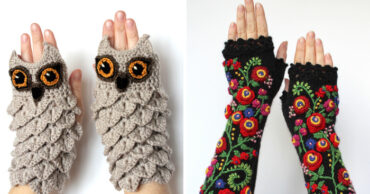Have you ever found yourself standing in front of a mirror and overanalyzing your figure while wearing a bodycon dress or throwing a jacket over that tank top to hide your arms? Imagine braving all those insecurities and being vulnerable in front of a camera just to have the world hurl nasty comments your way. Nicola Coughlan has given a breathtaking and standout performance in Bridgerton Season 3, yet some individuals just can’t resist passing superficial judgment. An actor as talented as her has been grossly reduced to a “fat girl,” as her experience, prowess, and infinite beauty are blatantly disregarded.
Bridgerton is a popular period drama aired on Netflix on December 25, 2020. It has since accumulated a raging fanbase with umpteen TikToks that break every scene down to the nitty-gritty and an abundance of exciting brand collaborations. Bridgerton Season 3 Part 1 was released on May 16, 2024, with Part 2 set to release on June 13, 2024. It is amid all the rage around the show that Coughlan, the lead actress of the current season, has come under the radar for her appearance — which seemingly doesn’t cut it for being a primary love interest. Does Hollywood have an inherent problem pushing a rigid narrative of the superficial qualities that deem a woman attractive? Let’s dive into it!
Nicola Coughlan Was Body-Shamed for Playing the Female Lead in Bridgerton Season 3
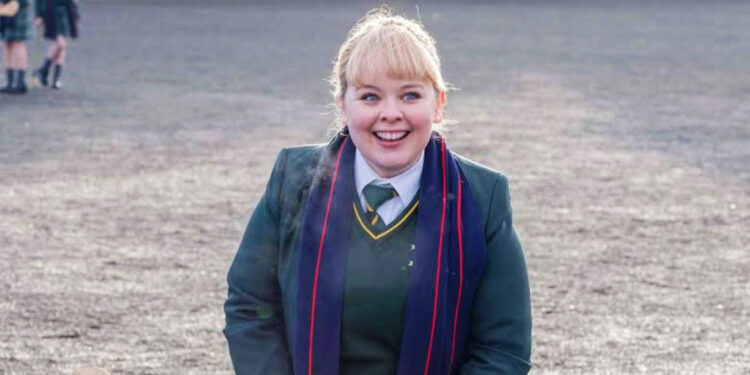
Fans of Bridgerton had been waiting with bated breath for Season 3 to reach their Netflix screens. Most hype surrounding the new installment revolved around the love story of Colin Bridgerton (Luke Newton) and Penelope Featherington (Coughlan). Viewers found the concept of a wallflower being the center of affection from a charming, noble gentleman relatable and refreshing, as the character felt more natural. But Alas! Some individuals don’t have the bandwidth to stomach the casting of a woman far from the industry’s idea of quintessential.
Zoe Strimpel from The Spectator stooped to new lows as she took cheap shots at Nicola Coughlan with some of the lines, leaving readers with secondhand embarrassment as she showcased her blatant lack of awareness. Going as far as coining statements like “She’s not shapely – which can work as sexy even in Hollywood; she’s fat” is not just vindictive writing; it’s highly disrespectful to the actress and the franchise. The author misses the mark in understanding the nuances involved in inclusive casting and representation, where one can feel nothing but pity. Lady Whistledown certainly disapproves!
This columnist is actually a proud enemy of feminism.
@realzoestrimpel pic.twitter.com/sfg3Kw58Yt— Wisdom’s Apprentice (@RoadtoTarValon) May 25, 2024
Conversely, Coughlan has been soaring like a Phoenix as she dominates the screen with her enticing presence. The actress even showcases immense vulnerability as she makes the conscious decision to be “very naked on camera” in one of her explicit scenes as a clapback to haters — past and present. More power to her!
This Isn’t the First Time an Actress Has Been Privy To Disgusting Remarks on Their Appearance
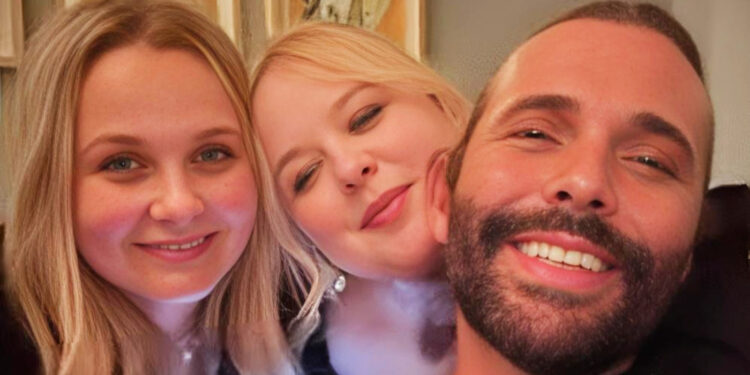
It is utterly unfortunate that what happened to Coughlan is just one example in the sea of unsolicited remarks that are passed on women’s bodies — predominantly in the entertainment industry. From Selena Gomez to former First Lady Michelle Obama, no matter how accomplished, there seems to be no escape from being subject to fat-phobic remarks of the highest degree. When Alicia Silverstone played Batgirl in Batman & Robin, she was body-shamed to the extent that producers would call her ‘Fatgirl.’ Jennifer Lawrence was deemed “too big” to play Katniss Everdeen in The Hunger Games. She was even given unsolicited advice from nosy individuals to shed some pounds if she wanted to survive in the industry.
Even an actress as celebrated as Kate Winslet, who starred in some of the greatest blockbuster movies, was famously nicknamed “Kate Weighs-a-lot” by director James Cameron on the sets of Titanic. Besides the comments on their appearance in real life, matters are made worse when they are called out on camera. Films like Bridget Jones’ Diary had actress Renée Zellweger’s character privy to fat jokes from all directions, and the truly appalling scene where Anne Hathaway’s character Andy Sachs was referred to as “the smart, fat girl” in The Devil Wears Prada — Hollywood has a prominent bug of fatphobia.
Does Hollywood Need To Be More Inclusive With Its Casting of Actors in Mainstream Media?
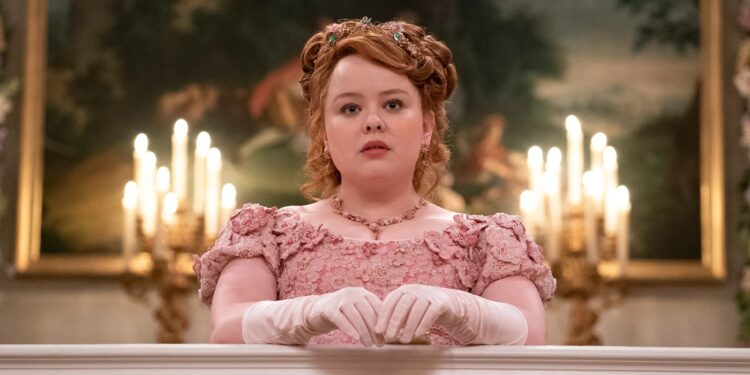
While the entertainment industry has made meager attempts to be more inclusive with their casting choices in recent years, a lingering issue often goes unnoticed. Whenever an unconventional actor is cast in leading roles, there’s a heavy dose of pomp and pageantry surrounding the decision to make a statement. Inclusive casting is often done to make a conspicuous point with a moral compass engulfing the plot. Instead of glorifying the casting choices by drawing attention to the supposed inclusivity, like in movies like Sierra Burgess is a Loser, the more impactful approach towards normalizing inclusivity would be in shows like The Mindy Project. In the show, the main conflicts don’t revolve around the protagonist’s body image. Entertainment media will reach an intellectual peak when casting a plus-size individual or person of color isn’t marketed as the USP of a movie or TV show.
Unrealistic Beauty Standards Set by the Entertainment Industry Acts as a Catalyst in Spreading Body Image Issues
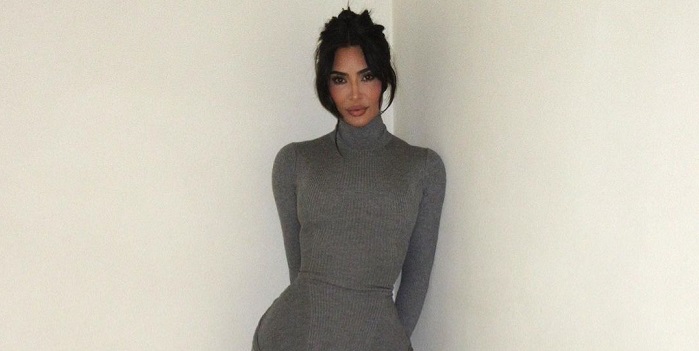
Over the past decade, with the social media boom, the line between real and fake has been blurred beyond recognition, with unrealistic beauty standards tainting an individual’s confidence from a shockingly young age. Celebrities like the Kardashian-Jenner clan and the raging popularity of ozempic for weight loss in Hollywood have influenced young women to conform to the most unrealistic idea of what is considered attractive. One forgets that beauty lies in the eyes of the beholder, and there is nothing more profound than who a person is on the inside.
The iconic blue gown with a ridiculously slender waistline that Lily James sported in Disney’s live-action version of Cinderella and when Shelley from The House Bunny makes the statement, “feeling good on the inside starts with looking good on the outside,” are examples of problematic instances that leave lasting impacts on viewers. Although films like To The Bone and Parachute do bring to light the scarring effects of eating disorders triggered by body image issues, it is simply not enough. In an age where the world constantly evolves, there is no place for superficial reign and blind glorification of diet culture. Society needs to move beyond judging people by their appearance, and instead focus on their talents and resilience. Check out this article on Bridgerton Season 3 focusing on Lady Danbury and a new villain.
 Follow Us
Follow Us

